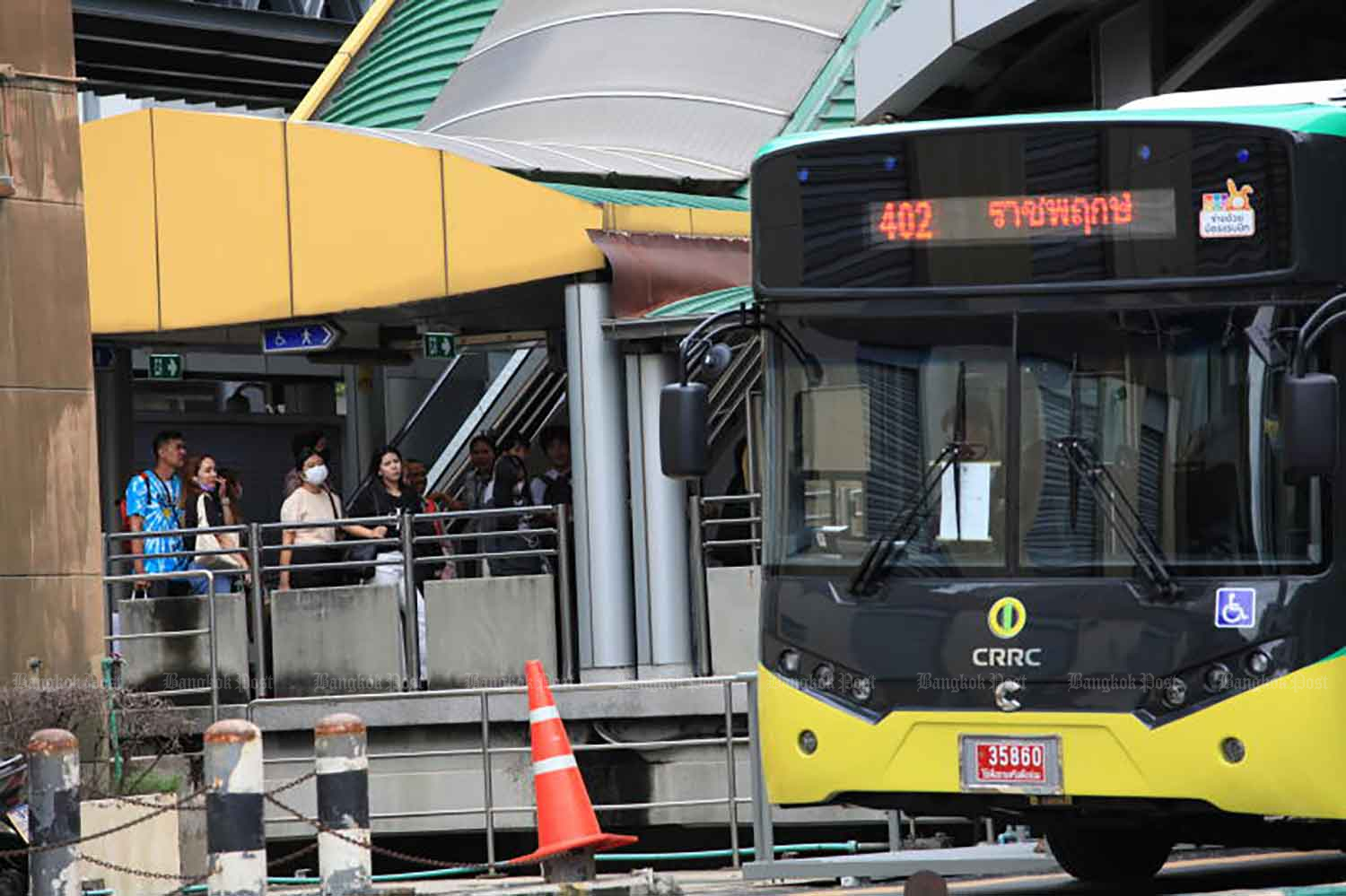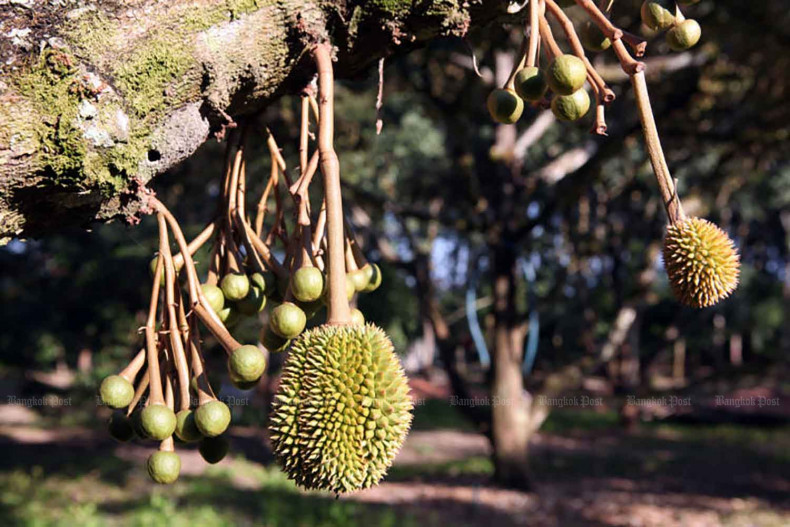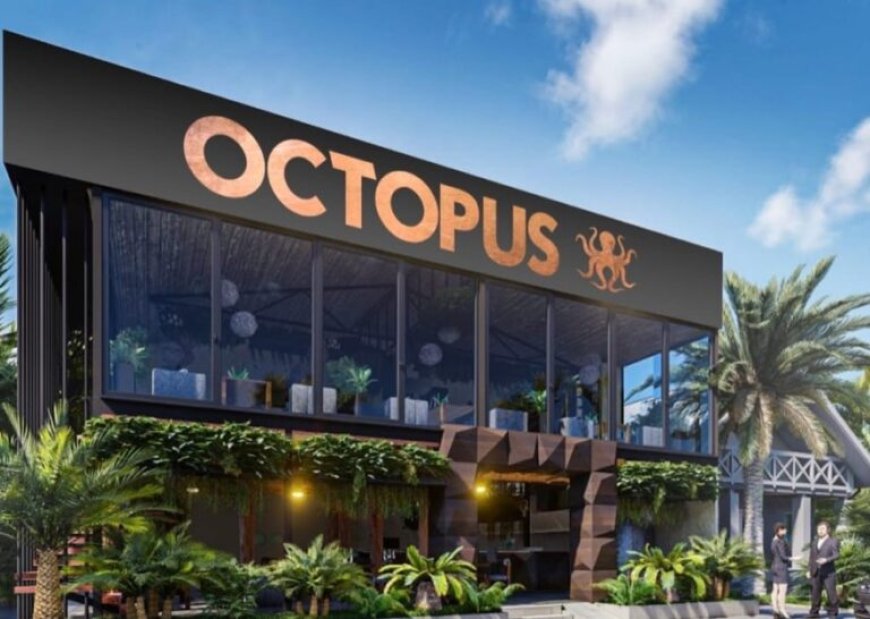BMTA to Replace Entire Bus Fleet with Electric Vehicles
Bangkok’s Ambitious EV Transition Plan
The Bangkok Mass Transit Authority (BMTA) is embarking on a landmark initiative to replace its aging bus fleet with electric vehicles (EVs), signaling a major shift toward sustainable and eco-friendly public transportation. This ambitious plan aims to phase out natural gas-powered (NGV) and diesel buses, making way for a new era of clean, efficient, and cost-effective mobility across the city.
Phased Rollout of Electric Buses Underway
Seven-Year Lease Plan for 1,520 Electric Buses
The first phase of BMTA’s EV transition involves leasing 1,520 electric air-conditioned buses under a seven-year contract from 2025 to 2032, with a total budget of 15.3 billion baht. The procurement will be conducted through an e-bidding process to ensure transparency and competitiveness. The initial delivery of 500 electric buses is expected within this year, with the remaining units scheduled to arrive by next year.
Cabinet Approval and Project Delays
Timeline Adjustments for Bangkok’s EV Bus Procurement
While the original plan was set for cabinet consideration last month, the project has experienced delays due to extended review processes. Once approved, BMTA will proceed with the bidding and contract signing within 55 days. Despite these setbacks, the agency remains committed to its timeline, ensuring that the first batch of EV buses will be operational in 2025.
Financial and Environmental Impact
Cost Savings and Emissions Reduction with EV Buses
Transitioning to electric buses is projected to deliver significant financial benefits for BMTA. Operating costs for EVs are estimated to be three times lower than those for combustion-engine buses, thanks to reduced fuel and maintenance expenses. This shift is also expected to cut emissions and contribute to cleaner air in Bangkok, supporting the city’s broader environmental goals.
Fleet Modernization and Route Optimization
BMTA’s Strategy to Enhance Passenger Experience
BMTA currently operates a fleet of 2,884 buses, comprising 1,520 non-air-conditioned and 1,364 air-conditioned vehicles. As part of its modernization strategy, the agency is not only upgrading its fleet but also optimizing bus routes and schedules to better match passenger demand and further reduce fuel consumption. By 2029, BMTA aims to retire 60% of its combustion-engine buses—around 2,300 vehicles—solidifying its commitment to green mobility.
Broader Vision for Sustainable Urban Transit
Bangkok’s Commitment to Clean Energy Public Transport
The government’s vision extends beyond BMTA, with a goal to replace all combustion-engine buses citywide by 2029. The transition to electric buses is a key pillar in Bangkok’s strategy to reduce its carbon footprint, enhance operational efficiency, and provide a quieter, more comfortable ride for passengers. By 2028, non-air-conditioned buses are expected to be phased out from regular routes, with older vehicles retained as backup under private leasing agreements.
Additional Initiatives for a Smarter Transit System
BMTA’s Investment in Technology and Infrastructure
Alongside the EV rollout, BMTA is investing in technology-driven projects such as a GPS-based Fleet Management System and the redevelopment of bus depots into commercial spaces. These initiatives aim to further improve service reliability, passenger convenience, and the overall efficiency of Bangkok’s public transport network.
Bangkok Leads Southeast Asia’s EV Transit Shift
BMTA’s Electric Bus Program Sets New Standard for Urban Mobility
Bangkok’s bold move to electrify its public bus fleet positions the city as a regional leader in sustainable urban transport. With a clear roadmap, strong government backing, and a focus on both environmental and economic benefits, BMTA’s electric bus program is set to transform the daily commute for millions—ushering in a cleaner, greener, and smarter future for Thailand’s capital.








